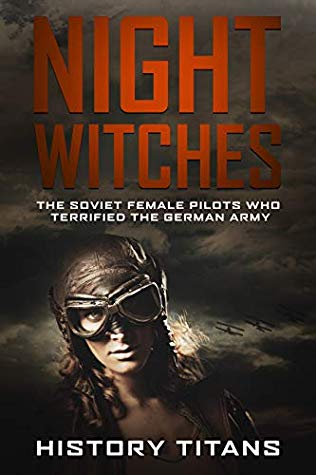

Hanratty, the chief administrator of Leonard Hall, had duly noted that fact. The preceding spring I had been awarded the University Prize for first year English. I read this wonderful book back in the university semester of 1969/70, when I was managing the little library on the main floor of Leonard Hall, my residence for freshman and junior years. Intellectuals and hippies, clergymen and cops, poets and army MPs crowd the pages of a book in which facts are fused with techniques of fiction to create the nerve-end reality of experiential truth.more From his own singular participation in the day’s events and his even more extraordinary perceptions comes a classic work that shatters the mold of traditional reportage. Among the marchers is a writer named Norman Mailer.

Depending on the paper you read, 20,000 to 200,000 protestors are marching to end the war in Vietnam, while helicopters hover overhead and federal marshals and soldiers with fixed bayonets await them on the Pentagon steps. Winner of America’s two highest literary awards, The Armies of the Night uniquely and unforgettably captures the Sixties’ tidal wave of love and rage at its crest and a towering genius at his peak. Winner of America’s two highest literary awards, The Armies of the Night uniquely and unforgettably captures the Sixties’ tidal wave of love and rage at its crest and a towering genius at his peak Winner of the Pulitzer Prize and the National Book Awardįifty years after the March on the Pentagon, Norman Mailer’s seminal tour de force remains as urgent and incisive as ever. Winner of the Pulitzer Prize and the National Book Award Fifty years after the March on the Pentagon, Norman Mailer’s seminal tour de force remains as urgent and incisive as ever.


 0 kommentar(er)
0 kommentar(er)
